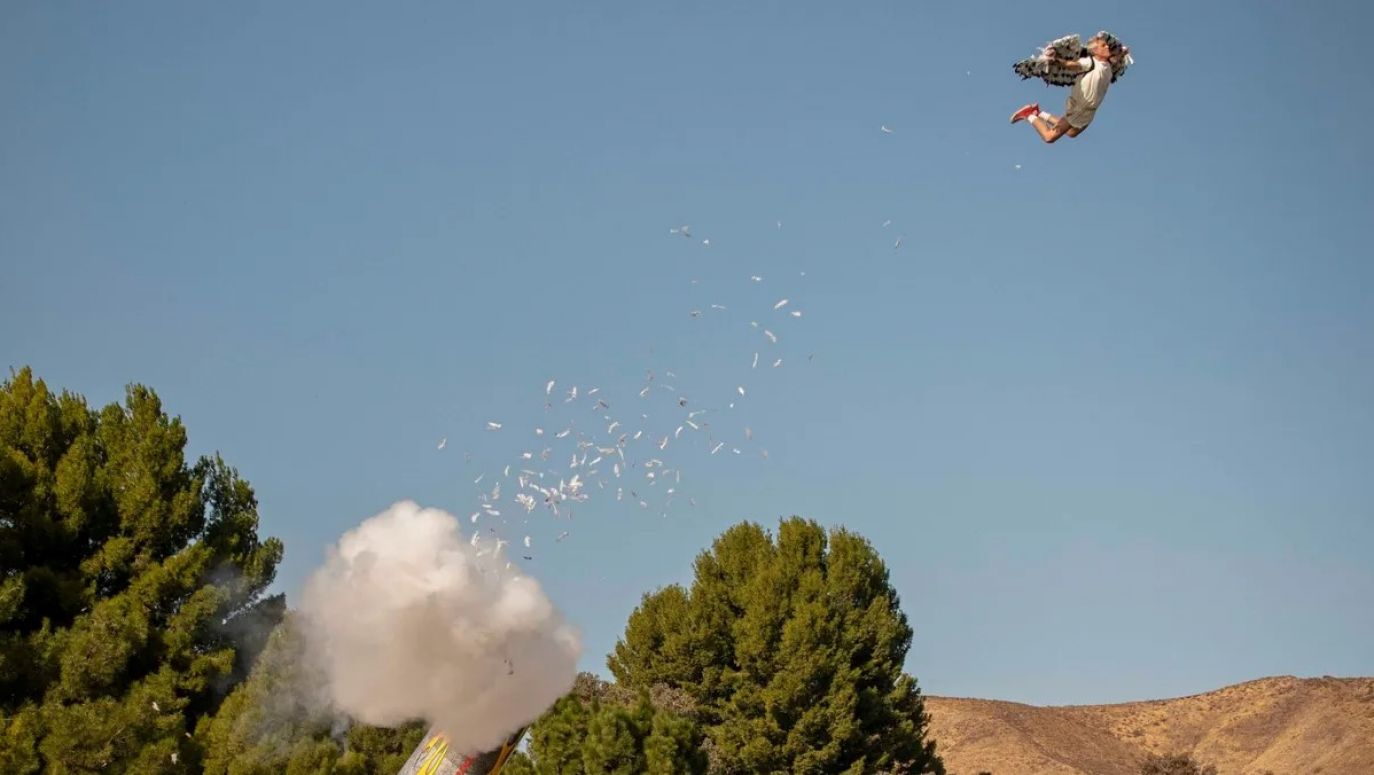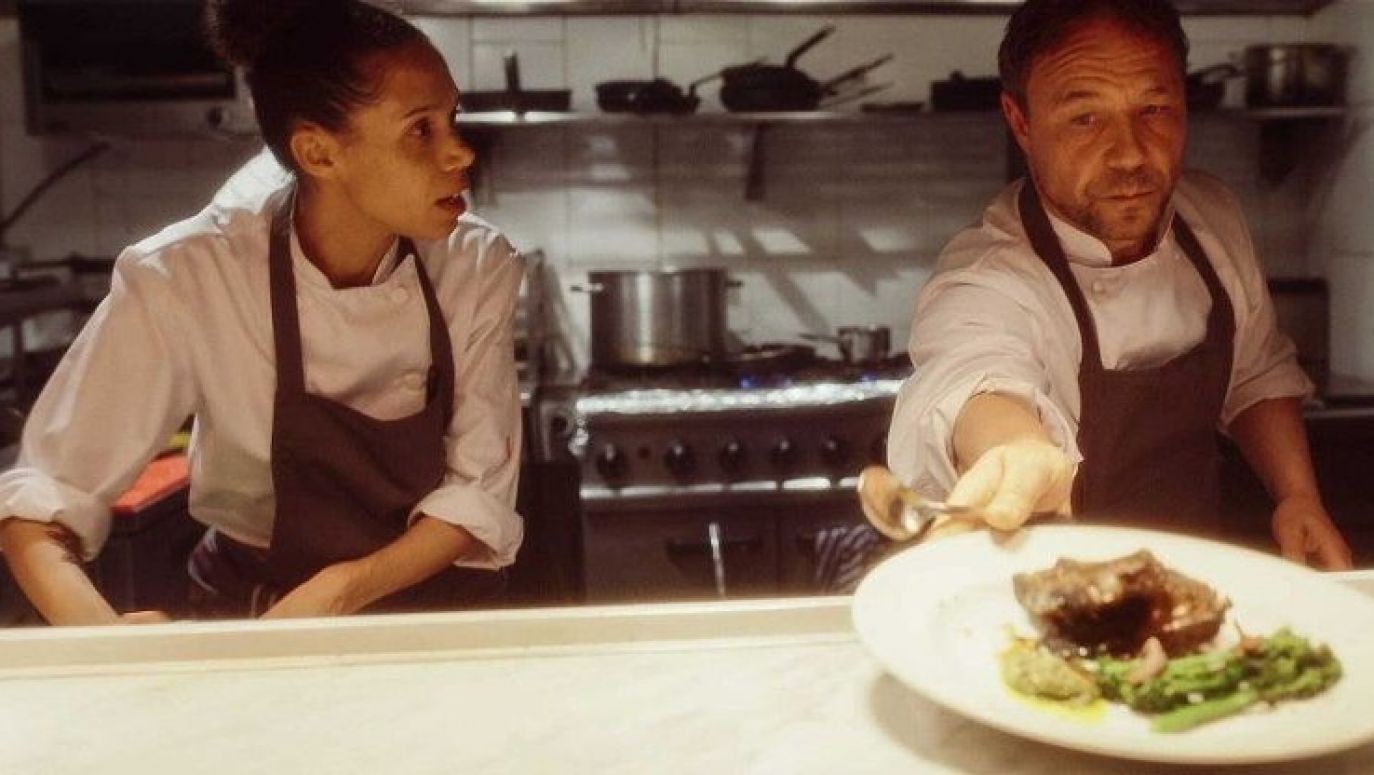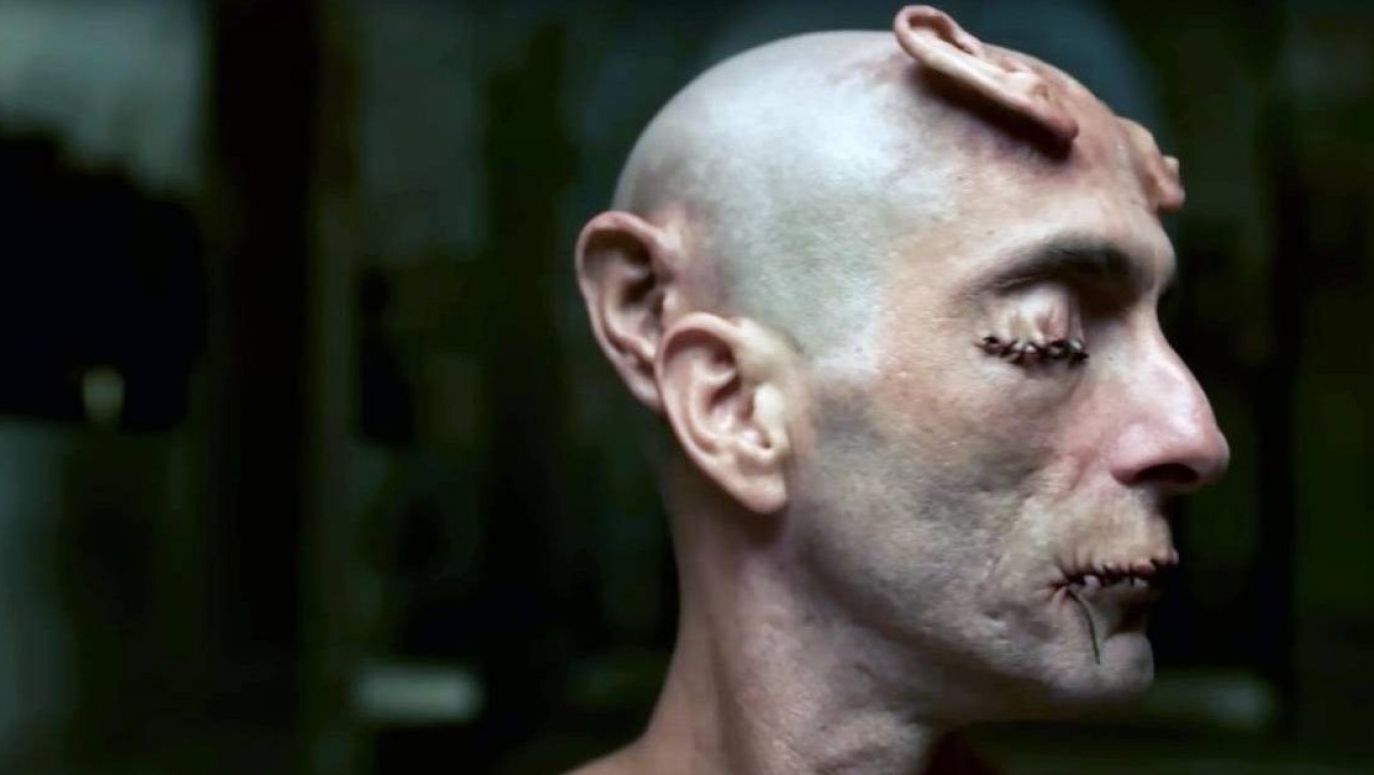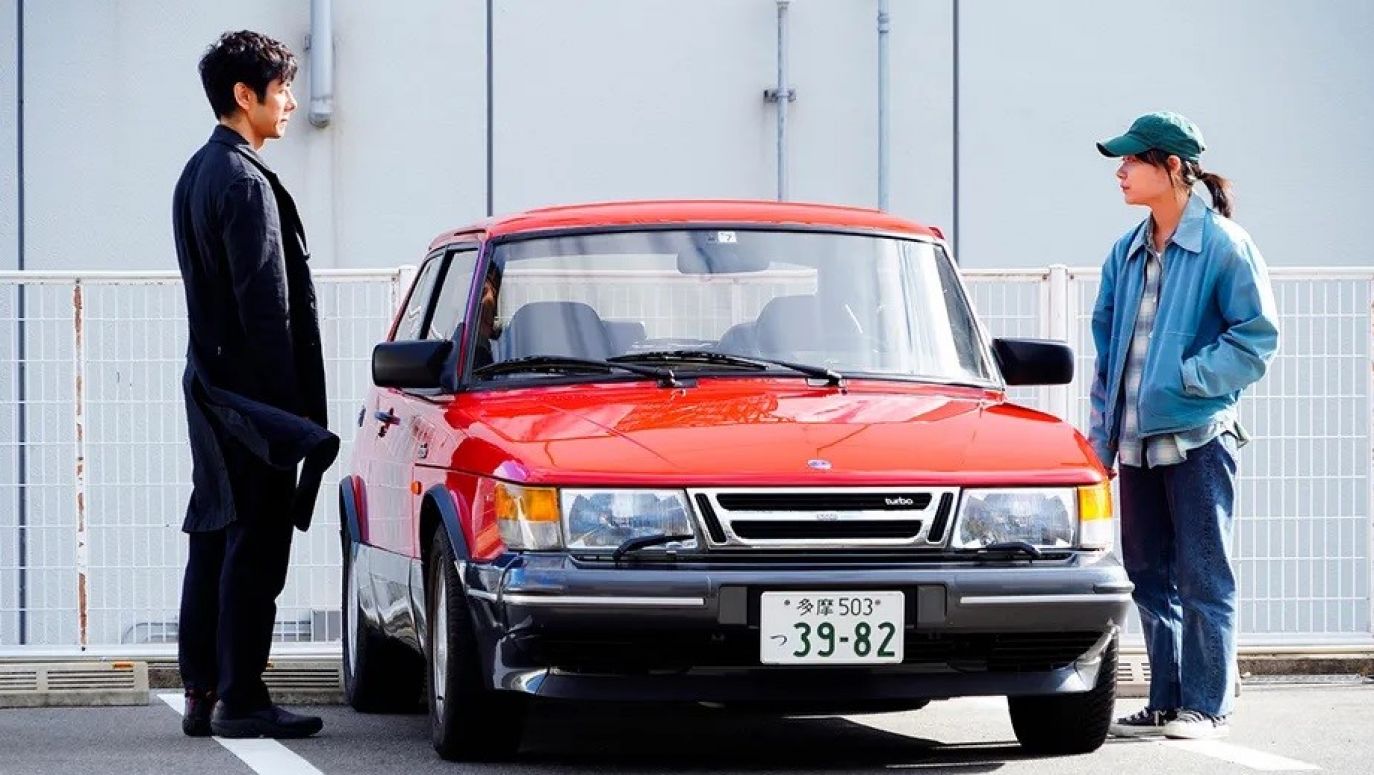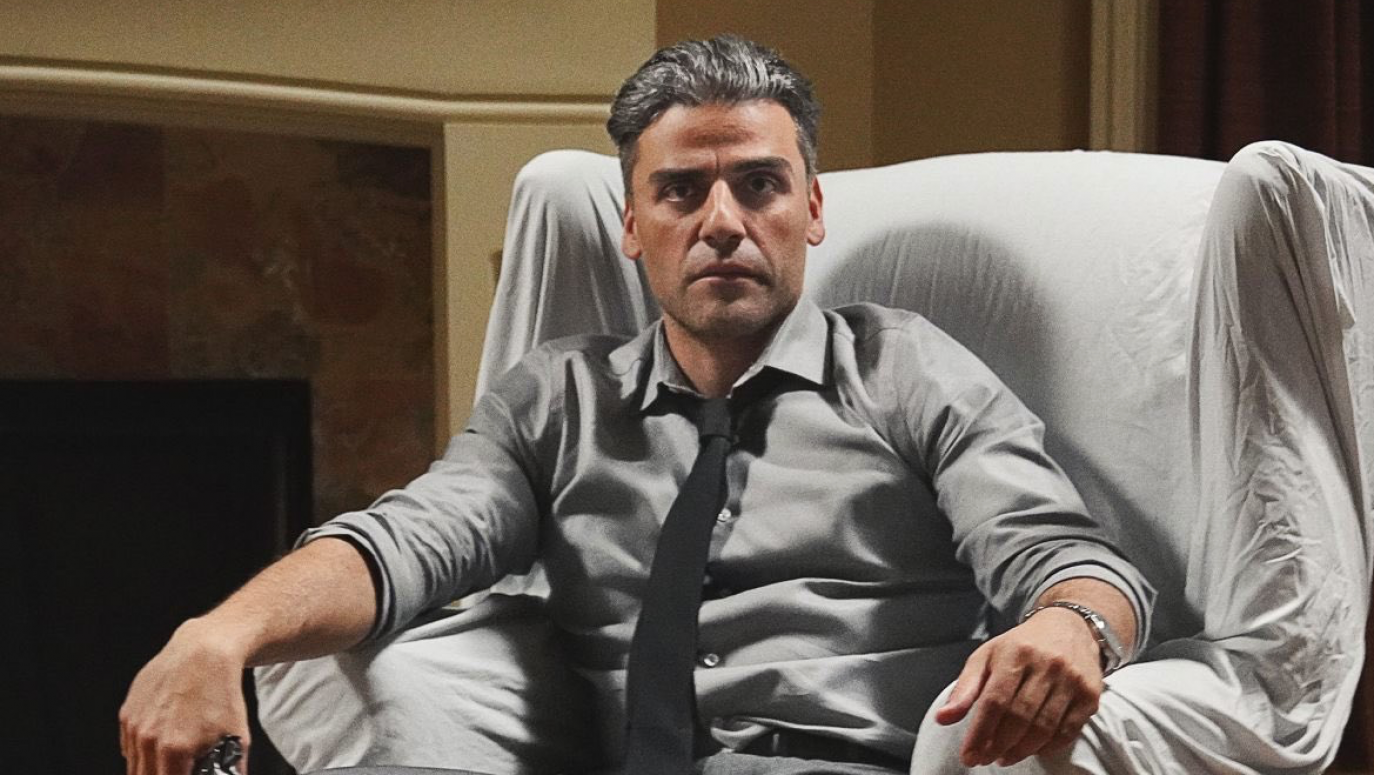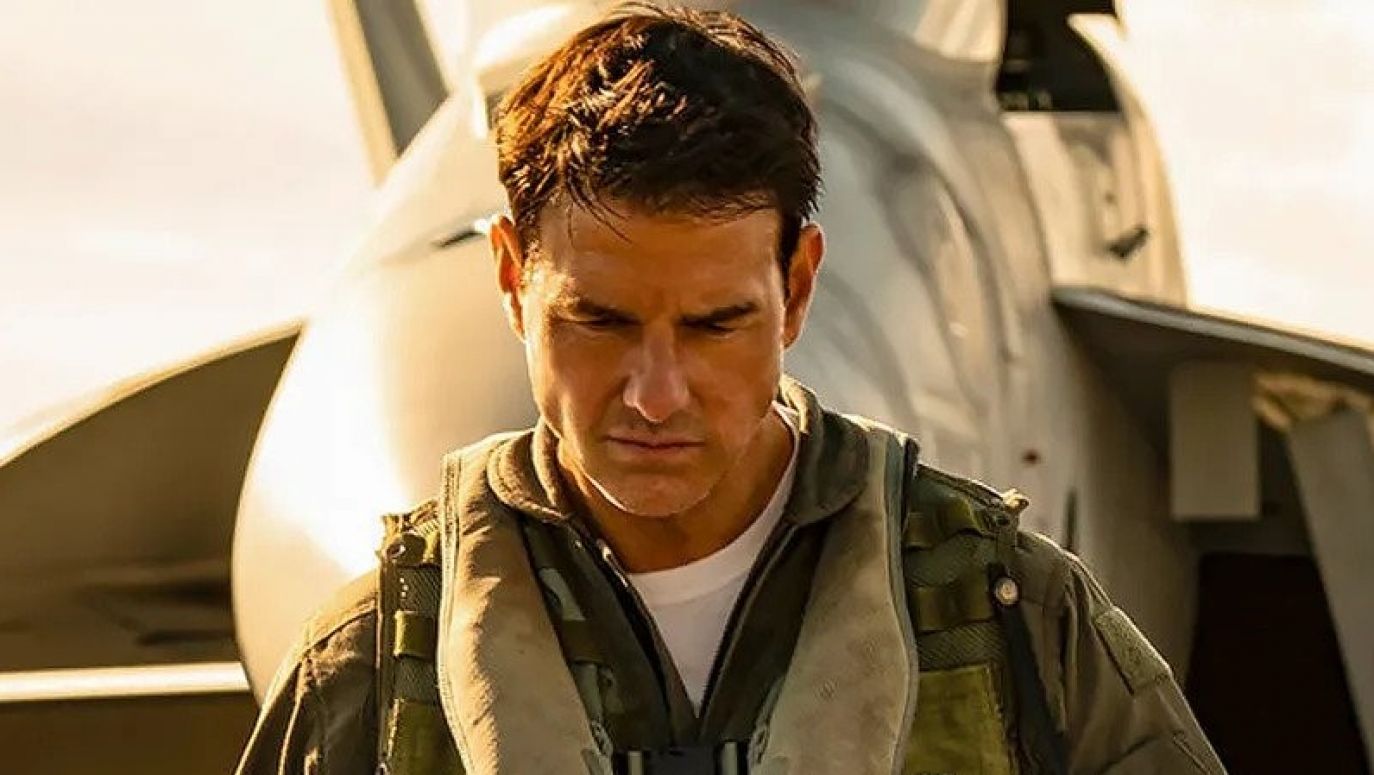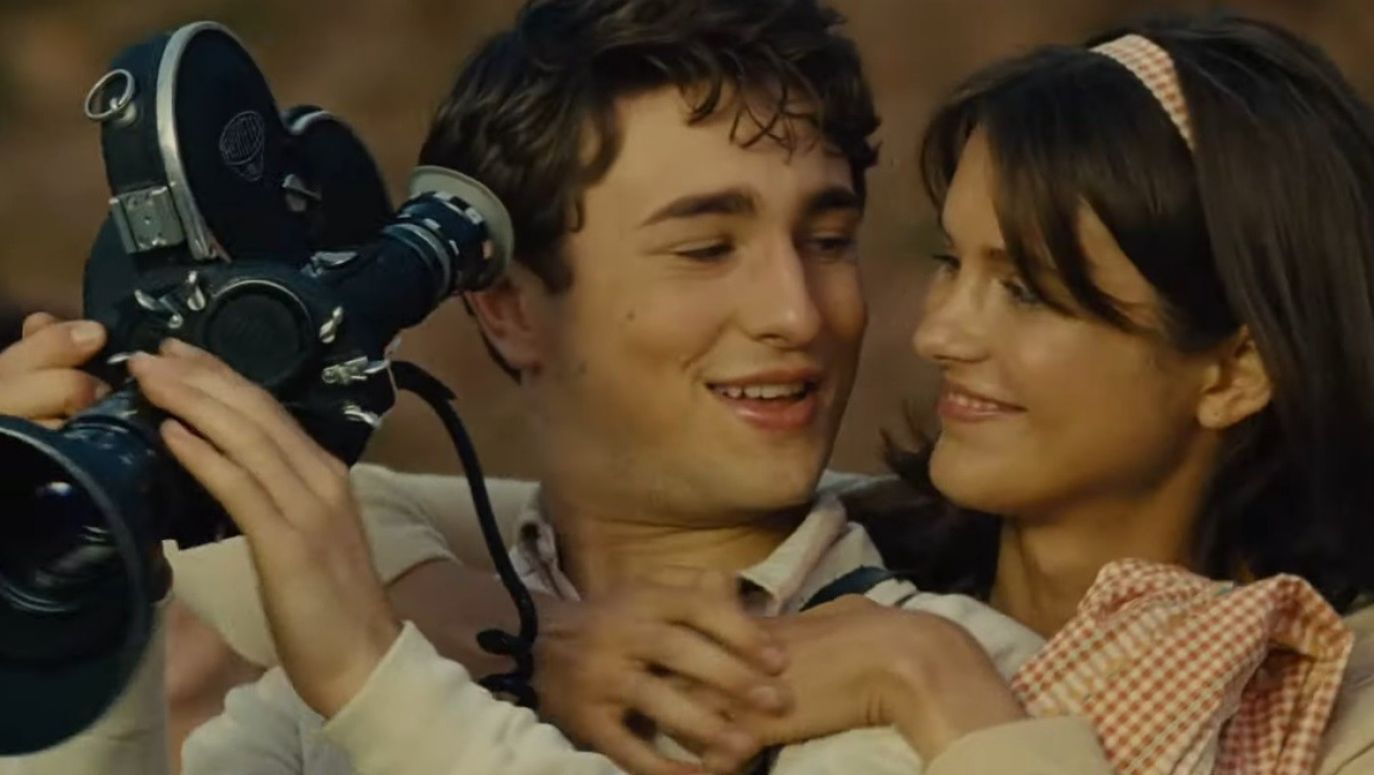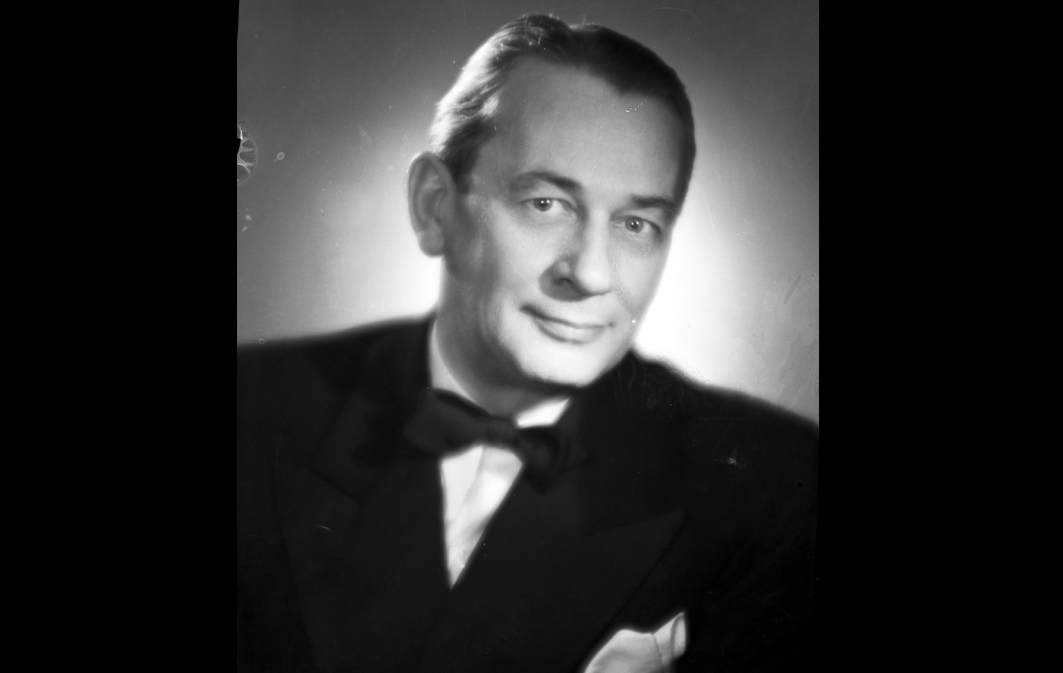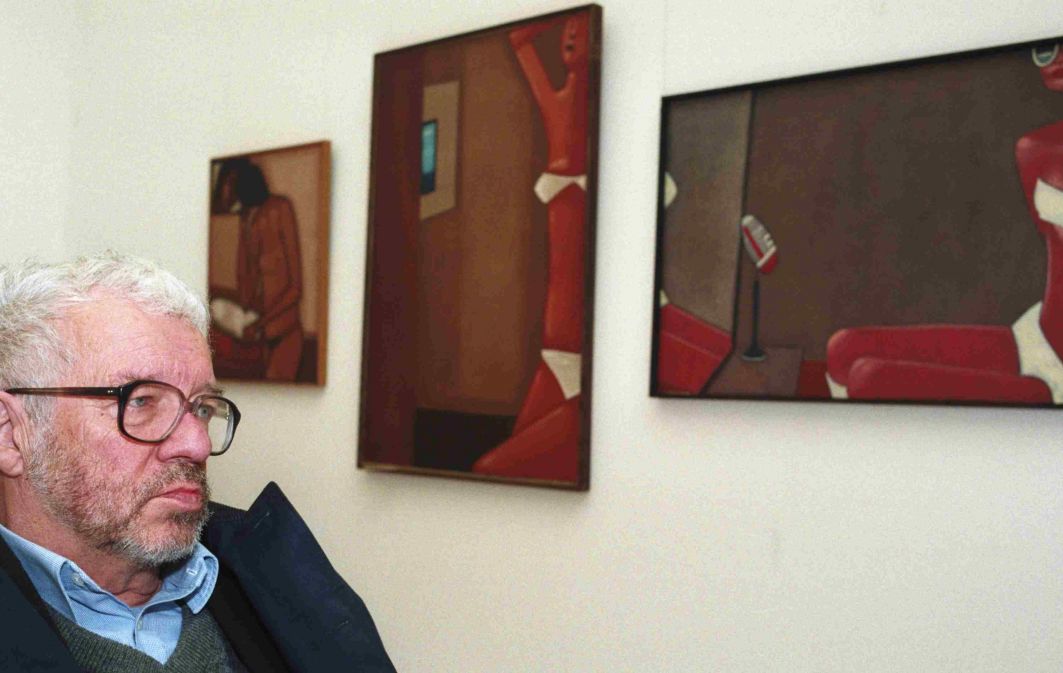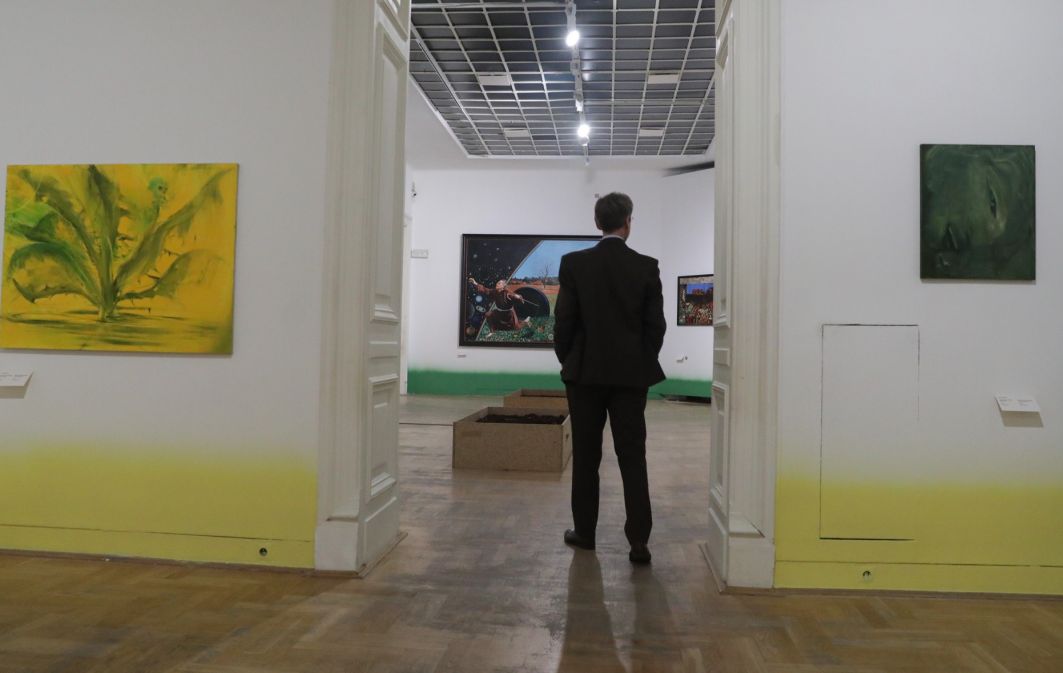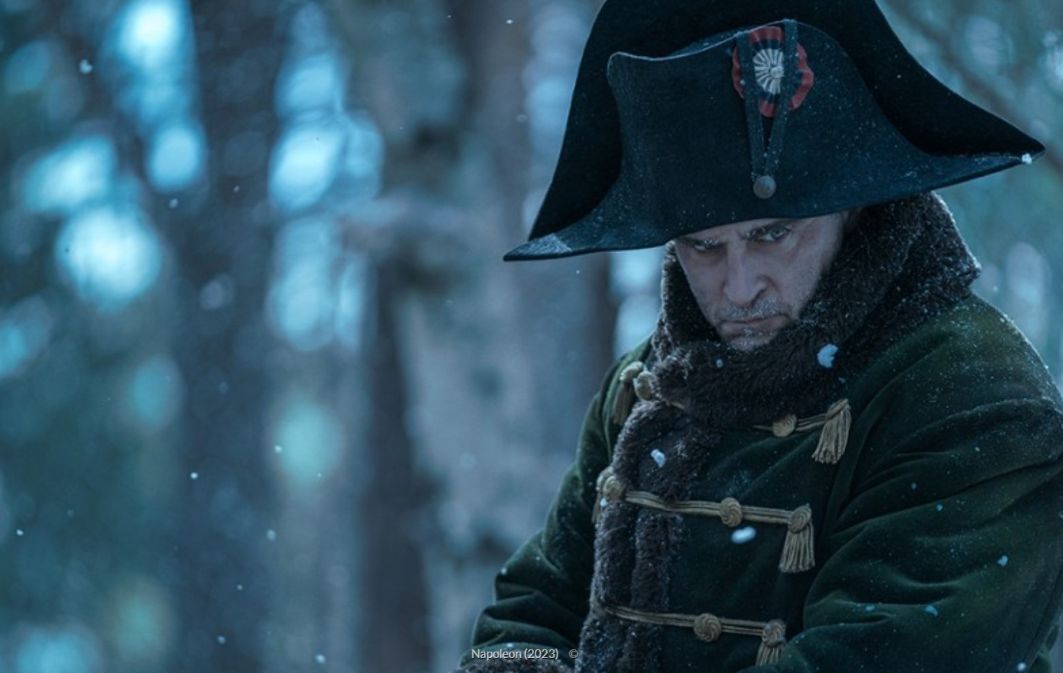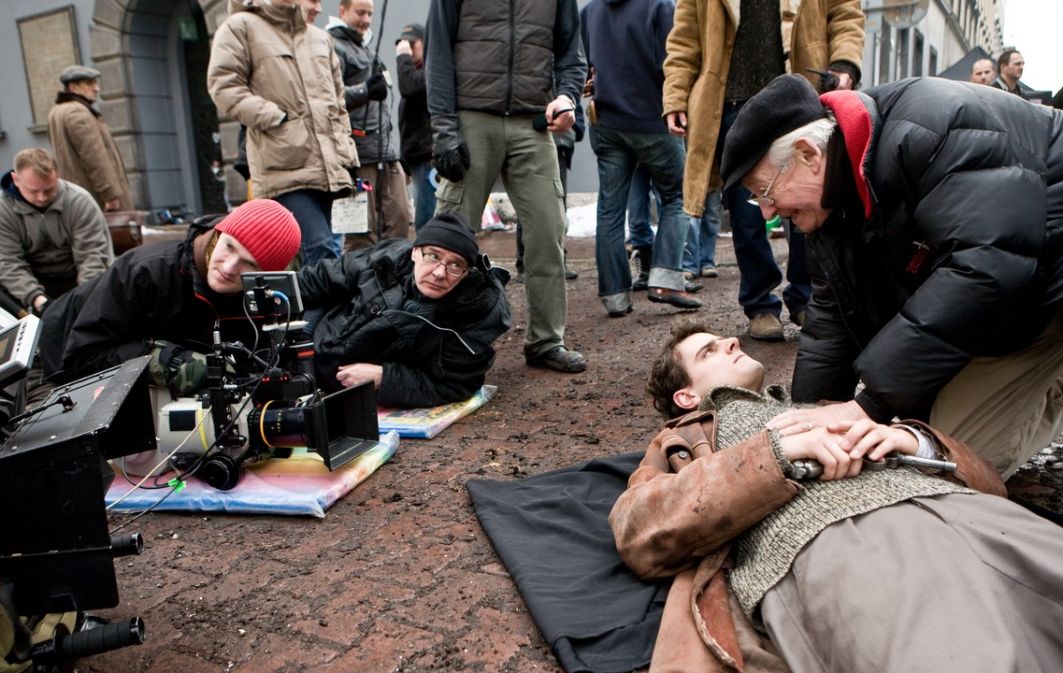The criterion I adopt each time in compiling the best 10 films of the year is the Polish premiere of the picture in cinemas or on a streaming platform in the past 12 months. This is why my list - once again in the TVP Weekly - includes some of the films which appeared in American lists in 2022, while missing are movies shown at festivals (also in Poland), but which did not have their official premiere in our country last year.
It's a shame that the release of Martin McDonagh's "The Banshees of Inisherin" has been postponed to January, which would no doubt have radically changed the top three films on my list. It is the best film in the career of the creator of Seven Psychopaths and Three Billboards Behind Ebbing, Missouri. I already recommend this parable of the Irish soul.
A few of the positions on my list may be surprising, but I emphasise that this is a subjective list of the films that impressed me most in the past year. I have also tried not to repeat similar films on it. That's why Kenneth Branagh's Oscar-winning screenplay and magnificent 'Belfast' is not in the ten. This semi-autobiographical film, which is a love letter to cinema, is too similar to Steven Spielberg's 'The Fabelmans'. Of the two films, it is Spielberg's picture that stole my heart more strongly.
The second ten films would definitely include Giullermo del Toro's visually phenomenal 'Nightmare Alley', and Matt Reeves' 'Batman', which offered a much darker and reflective version of the adventures of the Dark Knight in the DC comics. The director of one of my two favourite films of 2017 ('The Florida Project'), Sean Baker has once again shown himself to be a master of street, independent cinema, in which he portrays with great empathy the lives of outsiders and the socially marginalised. His 'Red Rocket' entertains, touches and absolutely astounds.
Close to Baker's film would be Aleksandra Terpinska's 'Other People'. Dorota Masłowska's scratched-out world and uncompromising strike against the puffed-up liberal elite of the 'Warsaw monde' is one of the most formally daring Polish films of recent years. I also find it hard not to appreciate Jacek Lusinski's 'Śubuk', which fits in with Hollywood's middle-of-the-road cinema. The story of a woman fighting the ossified system for the education of her autistic son is on-screen feminism in the best sense of the word. Małgorzata Gorol creates a sensitive and penetrating role in it.
"Balcony Film" by Pawel Lozinski, on the other hand, is the quintessential genius of one of Poland's most outstanding documentary filmmakers. Simplicity, style, insight - I hope this documentary is not lost in the fight for the Academy Awards. It is close to the top ten.
 SIGN UP TO OUR PAGE
SIGN UP TO OUR PAGE 
"X" by Ti West and "Bodies Bodies Bodies" by Halina Reijn are my two favourite slashers of 2022. "X" is an excellent play on the American Grindhouse sub-genre, while "Bodies..." is a brilliant satire on the lives of Generation Z. What didn't quite work out for Xawery Zulawski in 'Apokawix' in Reijn's case is won 100 per cent.
Very close to the top ten is Celine Sciamma's 'Little Mama'. Charming, enchanting, magical, intelligent and down-to-earth cinema at the same time. My heart was stolen even more strongly by Mike Mils' "C'mon C'mon" with a moving performance by Joaquin Phoenix, who immediately after the dark Joker, stepped into the role of the sensitive uncle looking after his nephew .
'Elvis' by Bazz Luhrman is not just a film about the King. It is a film about Bazz Luhrmann singing 'Love me tender' in his honour. And of the King, of course. This film is a big, fat and collapsing under its own weight (almost like Elvis at the end of his life), a kitsch revue in honour of the cinema of the creator of 'Moulin Rouge', filming Elvis' iconic Vegas performances. I had a great time, but learned little new about the King's demons. Nevertheless, it deserves a second ten.
Like Xavier Giannoli's bravura 'Lost Illusions', which proves that the era of fake news already existed in Balzac's time. I wondered whether to include Agnieszka Smoczyńska's excellent 'Silent Twins' in the top ten. However, the winner of the Golden Lions in Gdynia is arthouse cinema from a drawer that was dug out with a bang, along with Donkey, this year by the master Jerzy Skolimowski. I had to make room for films that moved not only my mind but also my heart.

 SIGN UP TO OUR PAGE
SIGN UP TO OUR PAGE 
